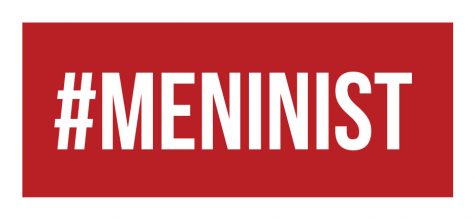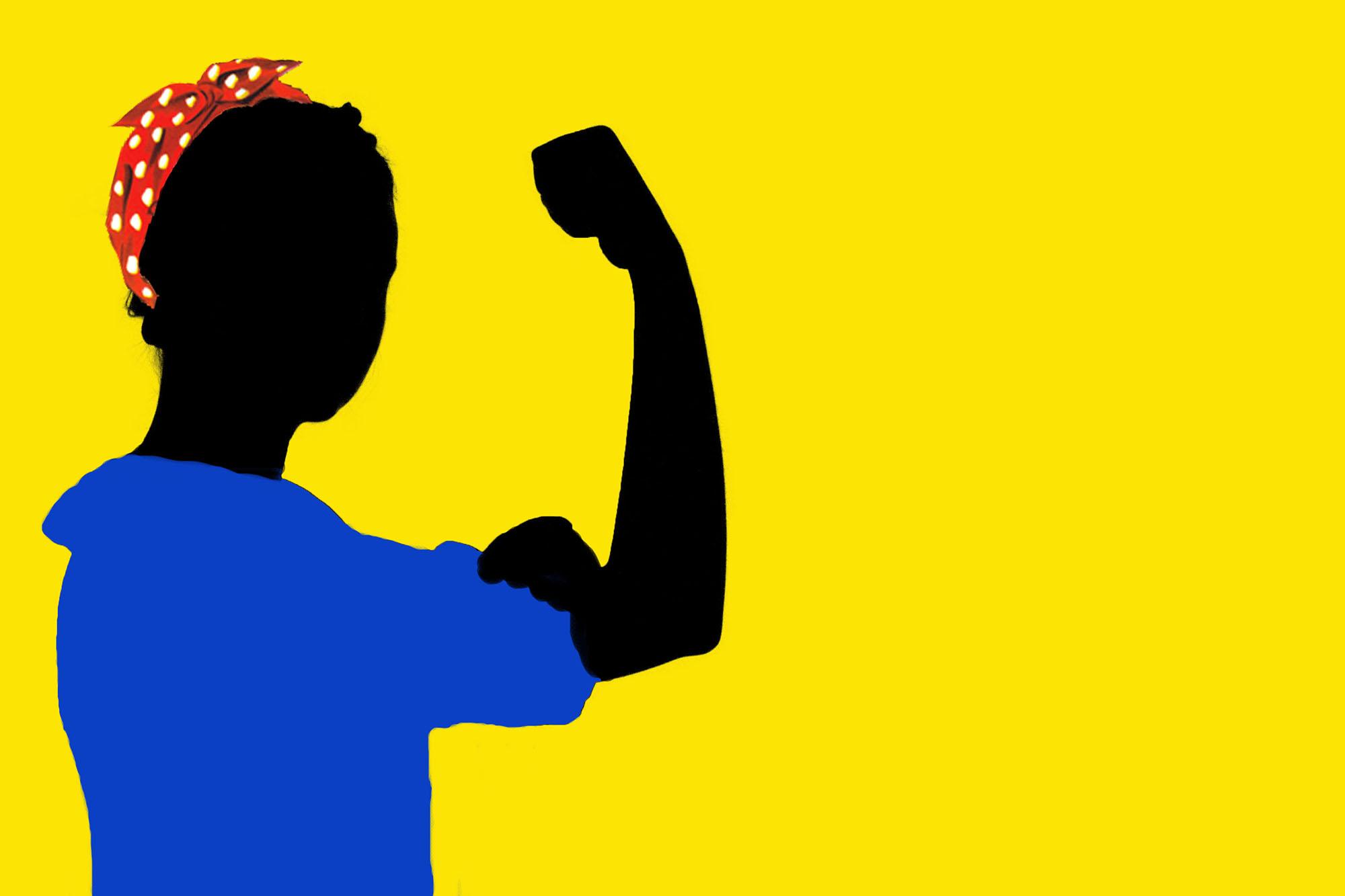Senior Susie Song said she was first exposed to feminism as a result of an incident at BVNW where a group of freshmen boys wore shirts with the word “meninist” on them.
“I had no idea what meninism was,” Song said. “I had no idea what feminism was, because no one talked about it; it was such a taboo subject. I realized that [meninism] was mocking feminism that is trying to promote gender equality, and that entire incident proved to me why everyone needed feminism. The meninists made me a feminist.”
Like Witty, Song said to her, feminism is the respect and equality of all people regardless of gender. Song said, though she wished someone had exposed her to feminism earlier, she now has a better understanding about the world around her because of it.
“I think becoming a feminist is one of the most important things to my life and to my identity,” Song said. “It made me realize that there are everyday problems that I can speak up about and make a difference and try to stop the aggressions that occur on a daily basis. ”
Song said her mom also influenced the way she saw gender roles in society.
“Growing up, she would always tell me it’s so bad that women are so shy and so insecure and weak,” Song said. “She was very focused on breaking gender roles, but often a lot of the burden was placed on the women as not being good enough. The woman has to improve and reach the masculine standard of success.”
Song said that as she increased her understanding on feminism, she decided this approach to feminism did not fit her own.
“I disagree with that older generations’ view of feminism,” Song said. “I think the problem with that idea it still enforces the dichotomy that masculinity is the definition of success that women have to aspire after. We need to start at a more foundational level. Women can be comfortable with who they are.”
Another ELA teacher, Bill Smithyman, said he did not understand feminism until after high school, when he took a Women’s Studies course in college. As a result, Smithyman said he does not see the movement through one lens.

“The way feminism was defined for me in college is that it’s really broad,” Smithyman said. “I think (the way) some people define feminism is as a women’s empowerment movement and some would default to more women’s equality movement…I think there’s a ton of gray area in those perceptions.”
Because he has never experienced the same discrimination as females, Smithyman said he may be unable to voice his views on feminism.
“I don’t think you necessarily have to walk around with a sign that says this is how I feel about feminism,” Smithyman said. “As a man I don’t necessarily have the privilege of walking around and broadcasting what I think about feminism.”
However, Smithyman said an important aspect of understanding the inequality between males and females is recognizing that there is a wage gap regardless of its connection with feminism.
According to Smithyman, the negative perception of feminism stems from extremist expressions. He said it is like any subset and compared it to Christianity, calling Fred Phelps, the former Westboro Baptist Church leader, the subset of the religion.
“I think it’s important to understand that in the sliding scale of feminism that there are people with very vitriolic and maybe incendiary opinions at the far end of dominate superiority feminism that could turn you off as movements,” Smithyman said. “It’s like any subset.”
Witty, who grew up in a small rural community, said there was a clear disparity between the future of females versus males after high school. She said in the community, males who graduated high school were more likely to pursue a postsecondary education than females. However, Witty said the concept of feminism for her was not as specific for her when she was in high school.
“I don’t know that I would’ve said that I was like a card carrying feminist in high school,” Witty said. “But I think that there is a part of most women where you want to prove that you are independent and capable of taking care of yourself…My high school classmates would probably agree that was me.”
But Witty said that being a feminist does not mean that she was resistant to males, which she said is a common misconception of feminism.
Song said there are different aspects of society that hinder the feminist cause. She said one aspect is the school dress code. Song said the dress code is sexist because it polices women’s bodies.
“[The dress code] affirms this belief that women are sexual objects,” Song said. “It’s like extremely wrong if a certain body part is revealed or instigates male attention.”
Smithyman said he sees females of the current generation dressing to impress their male counterparts.
“[The girls of my generation’s] appearances did not seem to illustrate their consistent desire to appeal to men,” Smithyman said. “Their appearances did not say how far can I get away with the dress code, is this boy looking at me or not..As a teacher, I see that differing now. I see that changing just a bit. And I think that it’s a little bit of a challenge to feminism.”
Song said the concept of females making certain clothing choices based on the appeal to men has been ingrained in society from a very young age.
“Obviously there are women who dress to please males and that’s something that they’re taught to do as like a woman,” Song said. “That’s what (they’re taught) it means to be a woman: look pretty, be sexual for a man.”
Song said this attitude that females dress for males nowadays is problematic. However, Song said this applies to both genders and that looking good should be out of self-love.
Witty said in comparison to when she was in high school, she did not experience the backlash that feminists receive today.
“I’ve never taught anywhere outside of Blue Valley and maybe it’s part of the culture here too that’s different,” Witty said. “I feel like there’s some entitlement that goes along with that. ‘If someone else gets something, then I feel like I deserve that something too,’ regardless of whether you had to work for, regardless of whether you are the majority.”
Witty said the difference between the majority and minority is more complex than numerical values, and that has stayed true over time.
“We don’t look at it as much anymore, but females are a minority,” Witty said. “Not in numbers but because of our past and our history and the patriarchal society that we still live in.”
She said in Blue Valley there is a sense of fairness instead of equality when it comes to genders.
“That’s not what equality is,” Witty said. “Equality means…it looks different for people but it’s equitable because we all have the same kind of chance, the same opportunity and sometimes we have to make up for or help minorities get to a certain point.”
Song said she sees sexism in both dialogue and societal norms.
“Obviously, a lot of people don’t have the intent of offending others or doing something harmful when they participate in this,” Song said. “Using gendered language or making harmful jokes only perpetuates a culture in which women are harmed, in which women are not as respected as men. In which women and men have disparate roles that they have to follow in order to be a man or be a woman.”
BVNWnews contacted the students mentioned who wore meninist shirts to school, but they declined to comment.







